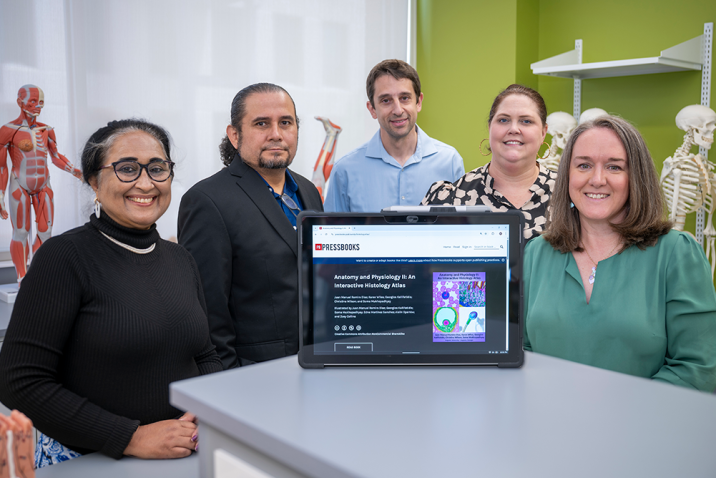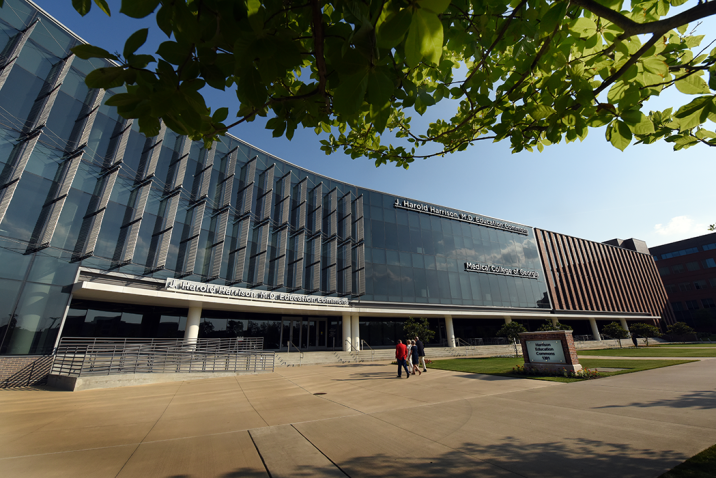
The Medical College of Georgia Department of Physiology’s focus is the framework of the body's cells, organs and systems, how they work and how abnormal function leads to disease.
The department is dedicated to outstanding research and excellence in education and offers programs leading to the PhD degree. A combined MD/PhD or DMD/PhD degree program is available for students who obtain prior or concurrent admission to the Medical College of Georgia (MCG) or the Dental College of Georgia.
In all programs, extensive experience in the philosophy and performance of basic and biomedical research is stressed. By virtue of their interdisciplinary training, the department's graduates compete successfully for positions in medical schools, universities, government and industry.
Department of Physiology
Health Sciences Campus
Interdisciplinary Research Center
706-721-7741
1120 15th Street, CA 3126, Augusta, GA 30912
706-721-7299
Our federally-funded scientists study some of the nation's top killers like cardiovascular disease and hypertension, and train independent, creative, productive scholars and PhD graduates, who publish in top tier journals and who are competitive for positions wherever they choose to go.
Department of Physiology Research Seminar
Lei Wang, PhD, Assistant Professor, University of South Florida will present a seminar.



